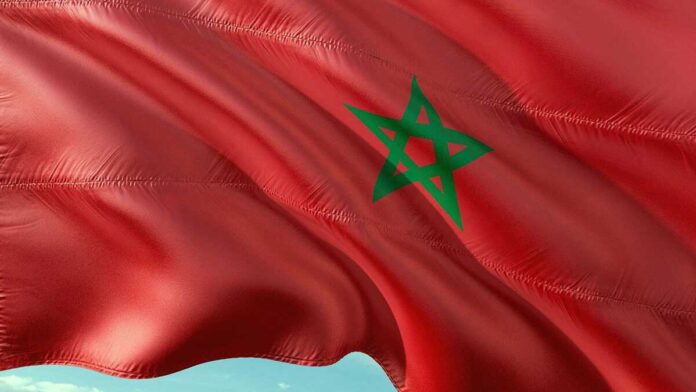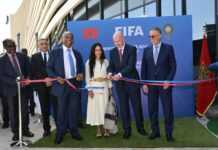Morocco celebrated a significant legal victory at the International Centre for Settlement of Investment Disputes (ICSID), a World Bank-affiliated arbitration body. After three years of proceedings, Morocco prevailed against the French group Finetis, known for its telecommunications solutions and infrastructure.
This outcome is more than just a legal win—it carries immense symbolic weight. It demonstrates Morocco’s ability to defend its interests on the global stage, particularly in the area of foreign direct investment (FDI). The ICSID’s decision means that Morocco will not be required to pay any compensation to the French company, which is a relief both financially and for the country’s international reputation.
The case had two major stakes. First, there was the financial risk that could have drained state resources. Secondly, this victory reinforces Morocco’s image as a reliable destination for international investment. It proves that the country is capable of defending its position in arbitration without resorting to settlements. This result highlights Morocco’s resolve to protect its rights and defend its case before competent international authorities.
This win follows another in 2022, when Morocco successfully defended itself in arbitration against the German company Scholz, further solidifying its reputation for managing international disputes with precision and competence. These successive victories inspire confidence among foreign investors, who view Morocco as a trustworthy and capable partner.
The dispute:
On September 20, 2021, Finetis, along with its Moroccan subsidiary, filed a claim with ICSID against the Moroccan state. The conflict stemmed from Finetis’ expansion efforts in Africa’s telecommunications infrastructure sector. The company alleged that Morocco had undermined its expansion ambitions across the continent, seeking damages estimated between €200 and €300 million for the impact on its telecommunications network operations.
The French company based its case on a 2005 investment agreement and a 1996 bilateral treaty, arguing that Morocco had violated its commitments. Finetis claimed that regulatory decisions made by the Moroccan authorities, particularly the refusal by the National Telecommunications Regulatory Agency (ANRT) to grant necessary licenses, had stifled its growth.
Represented by the Paris-based Medici law firm, Finetis backed its claims with strong legal arguments. It appointed Fernando Mantilla-Serrano from the law firm Latham & Watkins as the lead arbitrator in December 2021. The tribunal was officially established in February 2022, chaired by Belgian international arbitration expert Bernard Hanotiau, with the addition of Laurence Boisson de Chazournes, a specialist in international law, at Morocco’s request.
Finetis’ ambitious African fiber optic project
At the core of the dispute was Finetis’ ambitious “African loop” project, which aimed to connect Africa to Europe through a fiber optic network. Under the terms of the investment agreement, Finetis was supposed to deploy fiber optic infrastructure across Morocco. However, the company faced numerous hurdles, including ANRT’s refusal to issue a necessary license, which severely hindered its progress.
Finetis Morocco, struggling economically, further complicated the situation. Despite efforts to lay down 900 kilometers of fiber optic cable for operators like Méditel (now Orange Maroc) and Wana (now Inwi), the company accumulated significant losses. The situation deteriorated to the point where Finetis’ partners had to decide not to dissolve the subsidiary but instead continue its operations.
Extended conflict to Autoroutes du Maroc
The conflict between Finetis and Morocco extended beyond the investment agreement to a contractual dispute with Autoroutes du Maroc (ADM), Morocco’s national highway authority. This part of the dispute centered around contractual fees, with Finetis seeking to renegotiate the agreed-upon rates, resulting in a contested debt of nearly 201 million dirhams (approximately €18 million).
Ultimately, Morocco’s ability to defend its case in this complex dispute underscores its determination and strength in navigating international legal challenges. This victory not only spares the country from substantial financial losses but also boosts its standing as a credible and efficient player in the global investment landscape.





